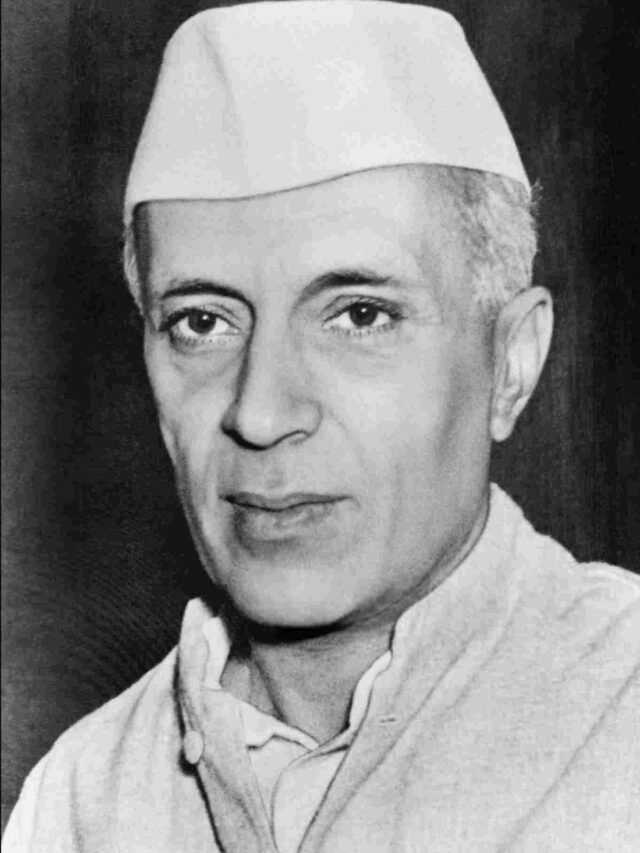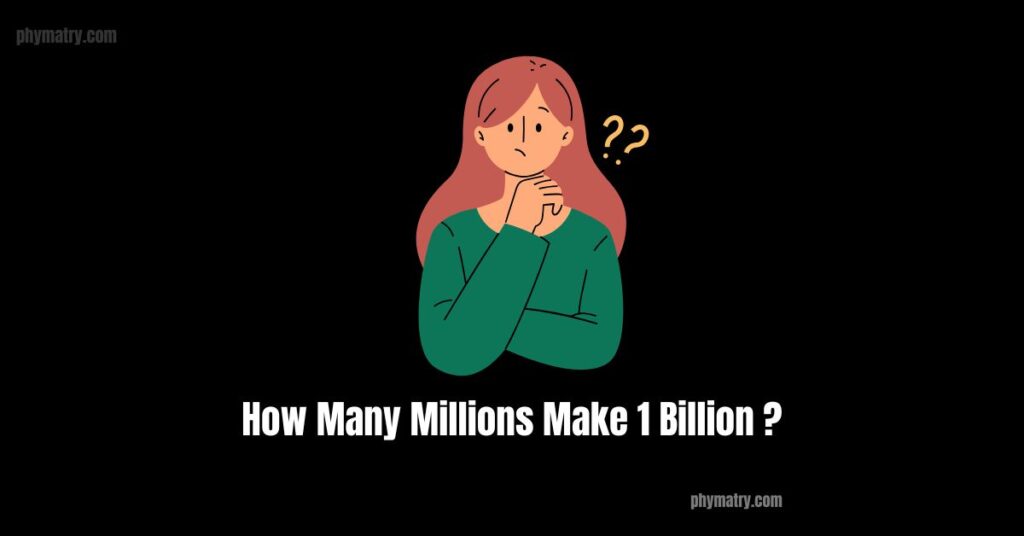Jawaharlal Nehru, India’s first Prime Minister, remains one of the most influential figures in Indian history. Known as “Pandit Nehru” and “Chacha Nehru” (for his love for children), he played a pivotal role in India’s freedom struggle and laid the foundation for a democratic, secular, and socialist nation.
Born on November 14, 1889, in Allahabad, Nehru was a central figure in India’s independence movement and served as Prime Minister from 1947 until his death in 1964. His policies, writings, and leadership continue to shape India’s political and social landscape.
Early Life & Education
1. Family Background
-
Father: Motilal Nehru (a prominent lawyer and freedom fighter)
-
Mother: Swarup Rani Nehru
-
Wife: Kamala Nehru (m. 1916)
-
Daughter: Indira Gandhi (later India’s first female PM)
2. Education & Influences
-
Harrow School, England (1905)
-
Trinity College, Cambridge (Natural Sciences & Law)
-
Inspired by: Mahatma Gandhi, Bertrand Russell, and socialist ideologies
Role in India’s Freedom Struggle
1. Entry into Politics
-
Joined the Indian National Congress (INC) in 1919
-
Influenced by Mahatma Gandhi’s Non-Cooperation Movement (1920)
2. Key Contributions
| Event | Year | Role |
|---|---|---|
| Non-Cooperation Movement | 1920 | Active participant |
| Lahore Session (Purna Swaraj) | 1929 | Drafted “Declaration of Independence” |
| Quit India Movement | 1942 | Imprisoned for 3 years |
| Interim Government | 1946 | Vice-President under British rule |
3. Imprisonment
-
Jailed 9 times (total ~9 years) for anti-colonial activities
-
Wrote “Discovery of India” and “Glimpses of World History” in prison
As India’s First Prime Minister (1947-1964)
1. Vision for Modern India
-
Five-Year Plans: Focused on industrialization & agriculture
-
IITs & AIIMS: Established premier educational institutions
-
Non-Aligned Movement (NAM): Kept India neutral in Cold War
2. Major Policies & Reforms
| Policy | Impact |
|---|---|
| Mixed Economy | Combined socialism & capitalism |
| Panchsheel Agreement | Peace treaty with China (1954) |
| Hindu Marriage Act (1955) | Progressive reforms for women |
| States Reorganization Act (1956) | Redefined Indian states linguistically |
3. Challenges Faced
-
Partition Violence (1947) – Managed refugee crisis
-
Sino-Indian War (1962) – Military defeat by China
-
Kashmir Conflict – Initiated Article 370 (temporary status)
Personal Life & Interests
1. Famous Writings
-
“The Discovery of India” (Historical account of India)
-
“Letters from a Father to His Daughter” (Written to Indira Gandhi)
2. Love for Children
-
His birthday (November 14) is celebrated as Children’s Day in India
-
Fondly called “Chacha Nehru”
3. Death & Legacy
-
Died: May 27, 1964 (heart attack)
-
Memorial: Shantivan, New Delhi
Nehru’s Legacy in Modern India
1. Political Influence
-
Shaped Congress Party’s socialist ideology
-
Mentored leaders like Lal Bahadur Shastri & Indira Gandhi
2. Controversies & Criticisms
-
China War (1962) failure
-
Kashmir policy debates
-
Economic policies (License Raj criticisms)
3. Global Recognition
-
Time Magazine Cover (1947, 1956, 1959)
-
Nobel Peace Prize nominee (13 times)
FAQs About Jawaharlal Nehru
❓ Why is Nehru called the “Architect of Modern India”?
For establishing democratic institutions, scientific temper, and economic policies.
❓ Did Nehru win a Nobel Prize?
No, though nominated multiple times.
❓ What was Nehru’s relationship with Gandhi?
Gandhi was his political and spiritual mentor.
❓ Who succeeded Nehru as PM?
Lal Bahadur Shastri (1964-1966).
Conclusion: Nehru’s Enduring Impact
Jawaharlal Nehru’s contributions—democracy, secularism, education, and non-alignment—remain pillars of modern India. While debates about his policies persist, his vision for a progressive, united India continues to inspire generations.


